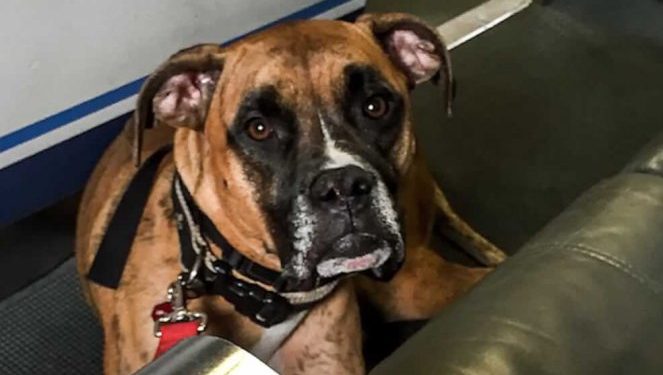You might have heard that ESA dogs are banned on planes. Well, that’s clickbait, sort of.
You can still take your ESA dog on a plane, but they will be treated as a pet and will not receive any special treatment.
Wall Street Journal reported an update mid-February that the change will cost travelers with pets up to $60 million a year combined.
Most airlines will allow you to travel with a pet as long as it fits under the seat in front of you, but you’ll have to pay for the pet to come with you, over $100 each way.
This is because too many people have been certifying their pets as Emotional Support Animals and not giving them proper training to be well behaved in public spaces. In response, the federal government has allowed ESA dogs to be banned on planes. If a dog barks, bites, growls, or is disruptive to the people around them, then it’s really not acting as an Emotional Support Animal.
Emotional Support Animals do not need specific training to comfort their handlers, but they are expected to be well mannered in public spaces.
Service Animals are trained to perform a specific task that helps handlers with a disability. These animals are highly trained and are expected to keep their focus on their handler while they are “on duty”.
If you are flying with a Service Animal, they should be well mannered and be within your control.
They should not bark, bite, growl, or sniff around.
If you take an animal on board a plane and claim that it’s a Service Animal when it is not, and the animal misbehaves, the animal could be kicked off the plane, moved to cargo, or you could be charged fees for flying with a pet.

If your dog is a service animal and it is trained to help you by performing a task that alleviates a disability, you can register your dog with certificates and visual identifiers.
That said, before you go registering your dog as a service dog, make sure you call the airline that you are flying with and ask them directly what you will need to provide. Some airlines are asking for the name and number of the trainer you used. Online registries do not provide training. They only acknowledge that the handler has affirmed that their dog meets the requirements of a service animal.
Know that the ADA allows you to self-train your dog and you have the right to train your dog without a special organization. See the ADA FAQ Q5.
Airlines should only need verbal confirmation that your dog is a service animal, however, certificates and ID cards make it easier to identify your dog at check-in and satisfy any staff who may ask you to confirm your dog is a service animal.
Always confirm requirements with your airline.
Each airline has a different policy and can make changes at any time, so it’s always important to double check before every flight what you will need to provide to travel with your animal.
Regardless of if your dog is a pet, ESA, or service animal, if you are traveling with your dog, you are responsible for their behavior. It’s every dog owner’s job to train them to behave well in public.
To make sure you and your dog have a great flight, check out our top tips for flying with your dog.
There are no bad dogs. Poor behavior comes down to fear, lack of training, and inconsistency from handlers.









Discussion about this post